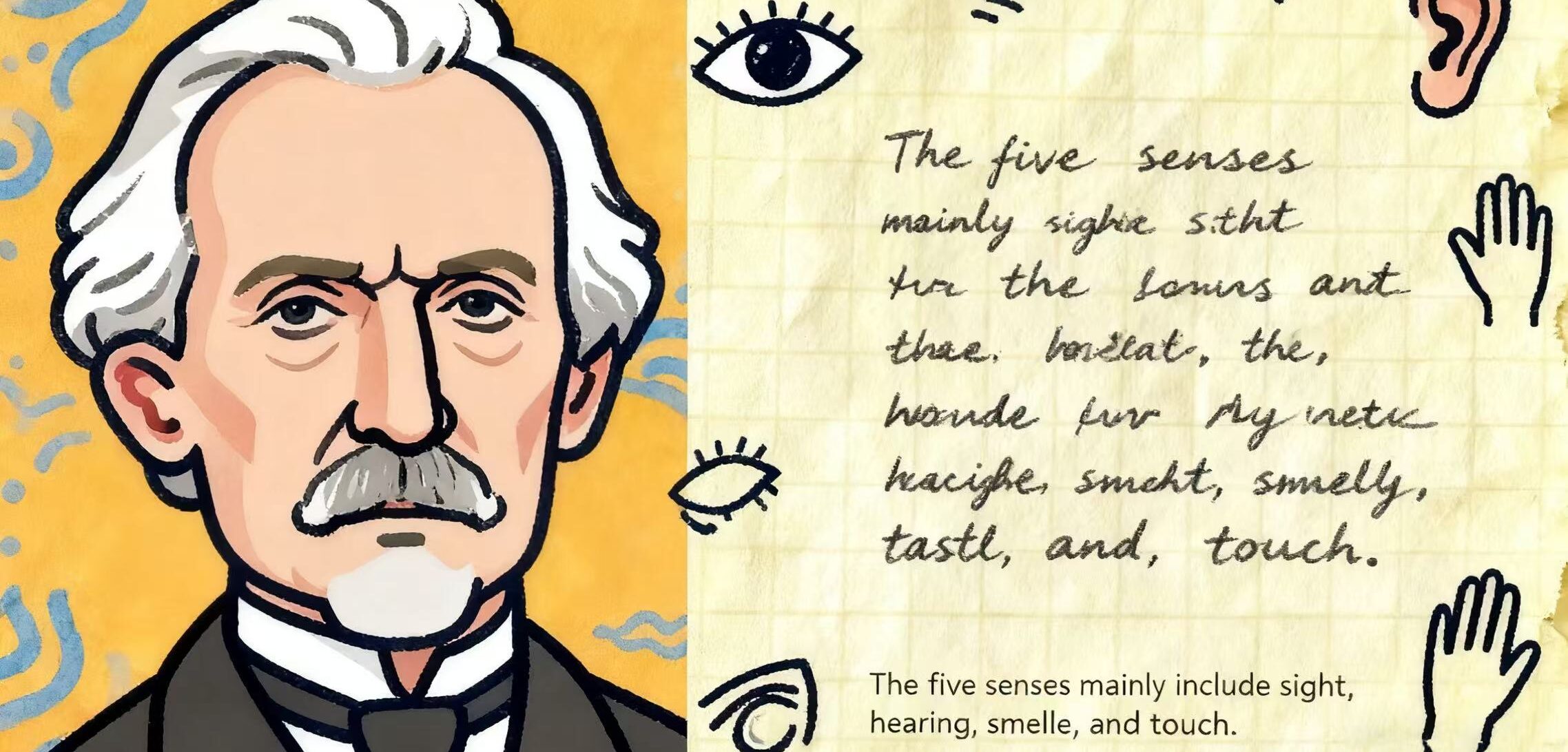Recently, the increasing emphasis on sensory education has led people to realize that not only self-awareness, but also the achievements of some scientific research largely depend on the harmonious interaction between our senses.New treatment methods, such as sensory-motor integration (SMI) therapy, have been developed, providing intensive training to compensate for underdeveloped sensory functions.
Thanks to Rudolf Steiner’s research, we would like to add another perspective: Indeed, sensory development depends on the extent to which a child is able to use them, and on the influence of the role models and stimuli they receive.However, that’s not all.
A child responds to everything that happens to them with their whole body, a response based on the sensory impressions they receive.
Children use their whole body to see, hear, smell, and taste.
Jumping up happily when joyful is a full-body response.
In other words, the body as a whole receives only the most important sensory stimuli.Therefore, sensory education is fundamental, or rather, it shapes one’s very essence. Its importance is as profound as the truest meaning of the word “essence” itself, not only for a child’s emotional and intellectual development but also for their entire physical being.
Early sensory experiences, supported by related bodily functions, form the foundation of our self and self-awareness.
Children need to move, play, and remain active in carefully created spaces, demonstrating age-appropriate flexibility and abilities.

